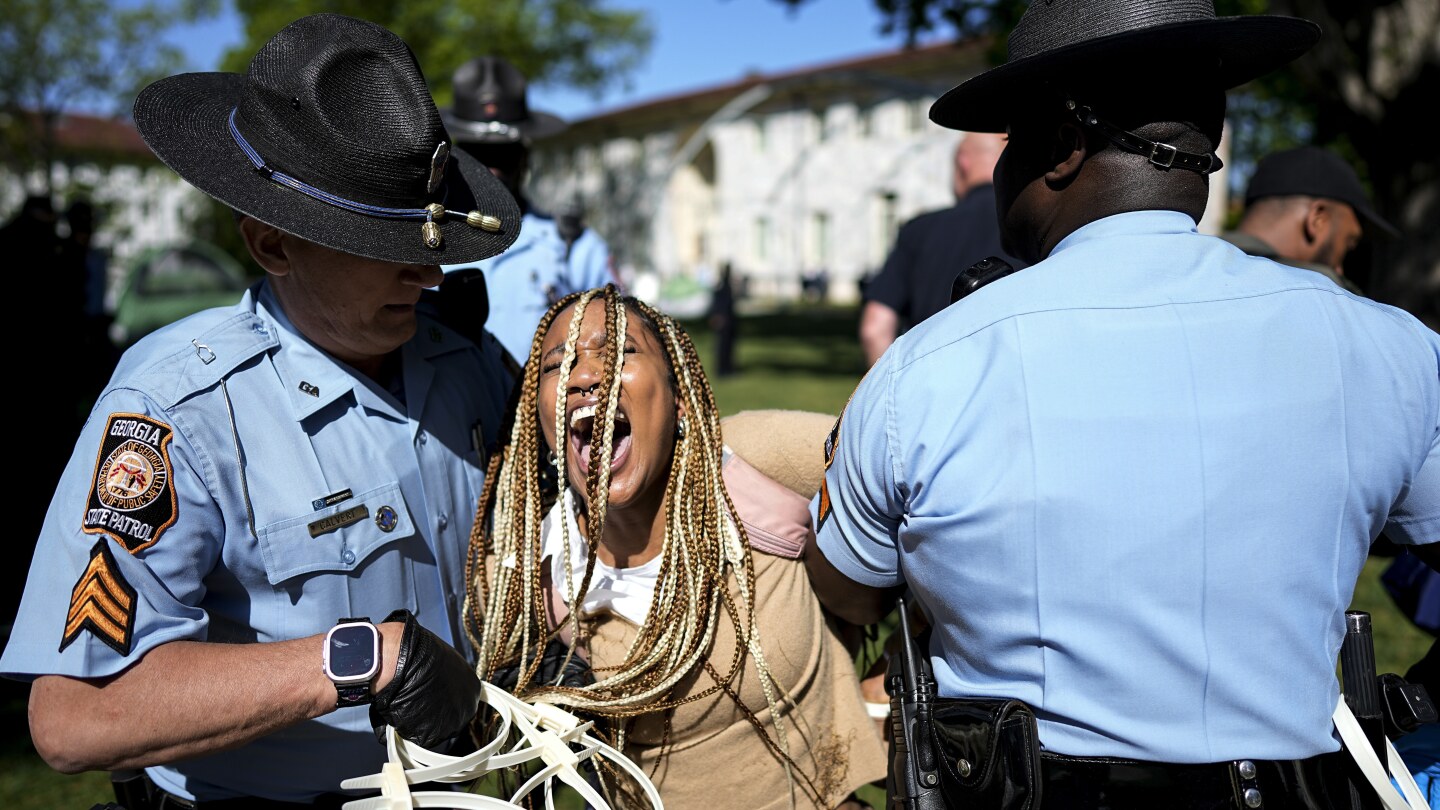Maryam Alwan figured the worst was over after New York City police in riot gear arrested her and other protesters on the Columbia University campus, loaded them onto buses and held them in custody for hours.
But the next evening, the college junior received an email from the university. Alwan and other students were being suspended after their arrests at the “ Gaza Solidarity Encampment,” a tactic colleges across the country have deployed to calm growing campus protests against the Israel-Hamas war.
The students’ plight has become a central part of protests, with students and a growing number of faculty demanding their amnesty. At issue is whether universities and law enforcement will clear the charges and withhold other consequences, or whether the suspensions and legal records will follow students into their adult lives.



And that’s precisely why it is so important to keep the legality of specific actions in mind while evaluating the actions of both the protestors, and the police, while having the conversation on protests and the responses such as these.
This conversation is the result of a direct reply to yet another comment indicating a lack of understanding of what is legal when protesting in the USA.
The morality of both the protestors and the authorities is far more subjective. But I keep seeing the same basic question “I thought it was legal to protest in the USA, how can they arrest them?”, so clarifying the boundaries of your rights is a good starting point, IMO. And frankly, bears repeating due to how frequently this is misunderstood and misrepresented.